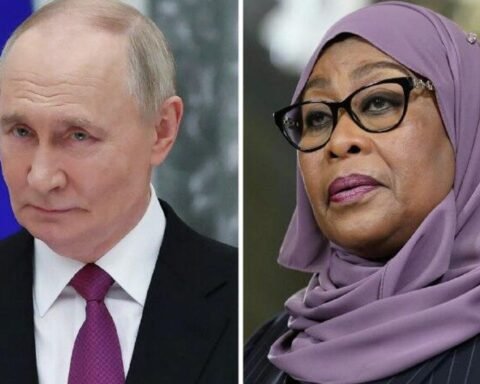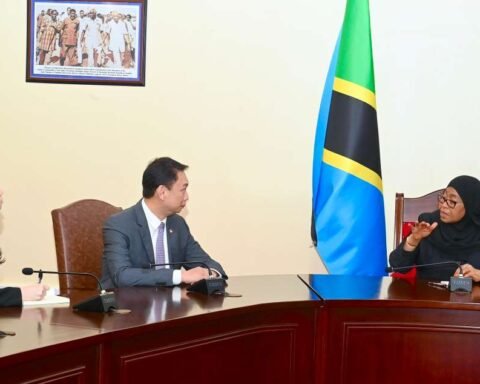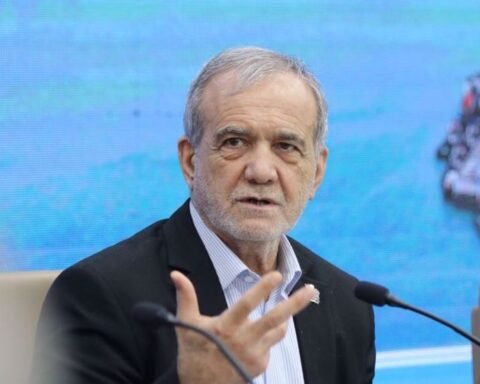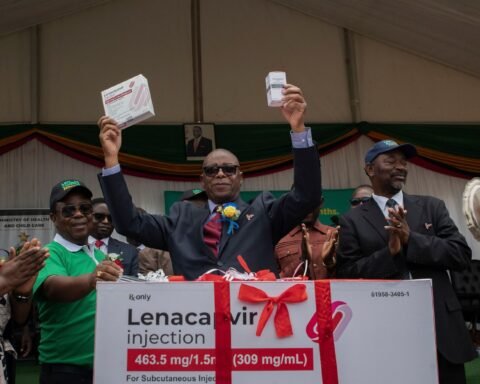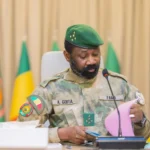U.S. President Donald Trump has publicly accused China, Russia, and North Korea of plotting against the United States, following a high-profile military parade in Beijing marking the 80th anniversary of the end of World War II in Asia.
Trump posted his comments on his social media platform, Truth Social, calling attention to what he described as the “omission” of American contributions and sacrifices during the global conflict. “Many Americans gave their lives in efforts to secure victory for China. Their courage and devotion should be remembered and honored,” he wrote.
The Beijing event, held at Tiananmen Square, featured an elaborate display of China’s military capabilities, including intercontinental ballistic missiles and advanced armored vehicles. Chinese President Xi Jinping welcomed Russian President Vladimir Putin and North Korean leader Kim Jong Un as guests of honor, sending a strong signal of diplomatic unity and military strength. Observers note that the gathering represents a symbolic alignment against U.S. influence, raising concerns among Washington policymakers about strategic challenges on multiple fronts.
In his post, Trump also directly addressed the foreign leaders, offering what he framed as cordial greetings while simultaneously warning them. “Please accept my regards… as you plan schemes against America,” he wrote, highlighting his belief that these nations were acting in concert to undermine U.S. interests.
Also Read; Tanzania Begins Large Irrigation Project In Tabora Region
Political analysts suggest that Trump’s remarks reflect longstanding tensions between the U.S. and these nations, particularly in areas such as trade, military competition, and technological dominance. Experts caution that public statements of this kind, while primarily rhetorical, can contribute to international uncertainty and influence public perceptions of global security (Council on Foreign Relations).
The parade comes amid a period of heightened geopolitical attention, as global powers increasingly signal military readiness and strategic partnerships. The presence of the Russian and North Korean leaders alongside Xi Jinping underscores the complexities of modern diplomacy and the ways historical commemorations, such as the end of World War II, continue to be used for contemporary political messaging.
U.S. officials have not formally responded to Trump’s social media post, but the administration continues to monitor military developments in East Asia, reaffirming commitments to international alliances and regional security. Meanwhile, analysts predict that such gatherings and statements will remain a focal point for evaluating the evolving balance of power in the 21st century.


